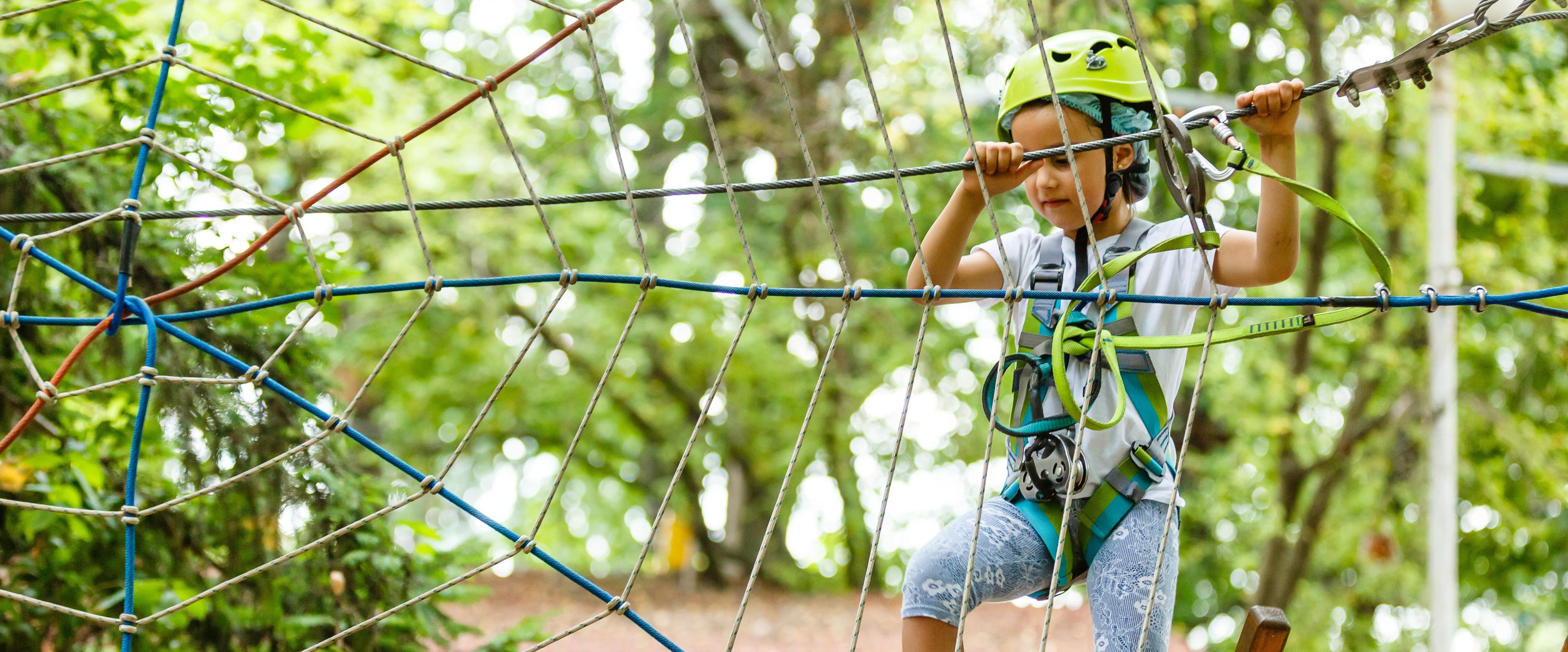Montessori education is a child-centred approach that emphasises the child's independence, freedom within limits, and respect for the child's natural development. In Montessori, children learn at their own pace and are allowed to choose their own activities. The role of the Montessori teacher is to observe the child and provide lessons when the child is ready to learn.

Some key factors to consider when a child is ready for a new lesson in Montessori:
- Observation: The Montessori teacher observes the child's behaviour and readiness for new lessons. They look for signs of interest and engagement in the current activities and readiness to move on to the next level of difficulty. Observations are done on a daily basis and inform the teacher's decisions about when to introduce new lessons.
- Age and Development: Montessori education is designed to follow the child's natural developmental milestones. As such, age is a key factor in determining when a child is ready for a new lesson. However, it's important to note that every child develops at their own pace, and readiness for a new lesson should be based on individual developmental milestones rather than age.
- Mastery: The Montessori approach emphasises mastery of skills before moving on to the next level of difficulty. This means that a child should demonstrate a solid understanding of the current activity before being introduced to a new one. The teacher will observe the child's level of mastery and readiness for new lessons.
- Interest and Motivation: In Montessori education, the child's interest and motivation are key to learning. The teacher observes the child's engagement and motivation for new activities and tailors their lessons accordingly. If a child is showing a keen interest in a particular topic, the teacher may introduce related activities to further their learning.
- Independence: The Montessori approach emphasises independence, and children are encouraged to work independently. The teacher observes the child's ability to work independently and makes decisions about introducing new lessons based on their level of independence.
Thus, determining when a child is ready for a new lesson in Montessori involves a combination of observation, age and development, mastery, interest and motivation, and independence. The Montessori teacher carefully considers these factors when deciding when to introduce new activities and lessons, ensuring that each child is learning at their own pace and in a way that is tailored to their individual needs.

